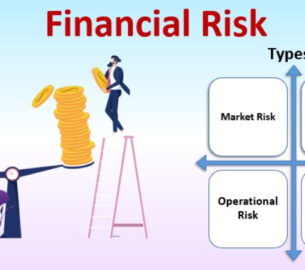Like deferments, forbearances allow you to temporarily postpone repayment. Forbearance may also involve an extension of time to make payments or acceptance of smaller payments. Unlike deferments, forbearance may be granted if you are already in default. Forbearances are not as helpful as deferments because interest continues to accrue while the loan payments are postponed. Be careful: The loan balance can increase very quickly! If you are delinquent but not yet in default, you can use a forbearance agreement to delay going into default. The nine month period before a delinquency is transformed to a default does not include periods of time when payments are subject to forbearance. Forbearance agreements may be made orally or in writing. If you make an agreement orally, the lender must send you a written confirmation.
The FFEL regulations make a distinction between discretionary and mandatory forbearances. The Direct Loan program does not make this distinction. Forbearances for Poor Health Both the FFEL and Direct Loan regulations provide for forbearances if you are in poor health or have other personal problems that affect your ability to make the scheduled payments. Forbearance for these reasons is discretionary under FFEL regulations. The forbearance is granted up to a year at a time, but there are no limits to the number of years this type of forbearance may be granted. Administrative Forbearances Both FFEL and Direct Loan regulations provide for administrative forbearances for various reasons such as while the lender is resolving a change in the loan’s status or pending the resolution of a discharge application.
With a few limited exceptions such as local or national emergencies, the FFEL administrative forbearances are discretionary. Mandatory Forbearance The FFEL program provides for mandatory forbearances. To obtain mandatory forbearance, you must request forbearance from the holder of the loan and provide sufficient supporting documentation. The term “mandatory” refers to the lender’s obligation to grant you a forbearance, not your obligation to request one. Most relevant for low-income borrowers are mandatory administrative forbearance for up to five years in cases where the borrower will not be able to repay the loan within the maximum repayment term. Since interest is charged and capitalized on all loans during periods of forbearance, this can be an expensive option.
If your income is insufficient to make payments, look into an income based repayment plan first. In addition, FFEL and Direct Loan forbearances are mandatory in increments up to one year for periods that collectively do not exceed three years, if the amount of your monthly student loan payments collectively is equal to or greater than twenty percent of your total monthly income. Since interest accrues during a forbearance, you should consider whether or not you will be able to afford increased payments once you resume repayment. You are required to submit documentation of income and other relevant information. Forbearances are also mandatory for teachers who are performing teaching service that would qualify them for teacher loan forgiveness. The Department may also issue special forbearance guidance in disaster situations such as after the September 11 terrorist attacks or after natural disasters. See the programs for military section for information about other options for military service members and certain civilians affected by war or national emergencies By PCI PALS Certification.
Know More About : Education Loan Is It A Boon Or Bane












